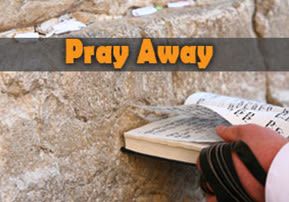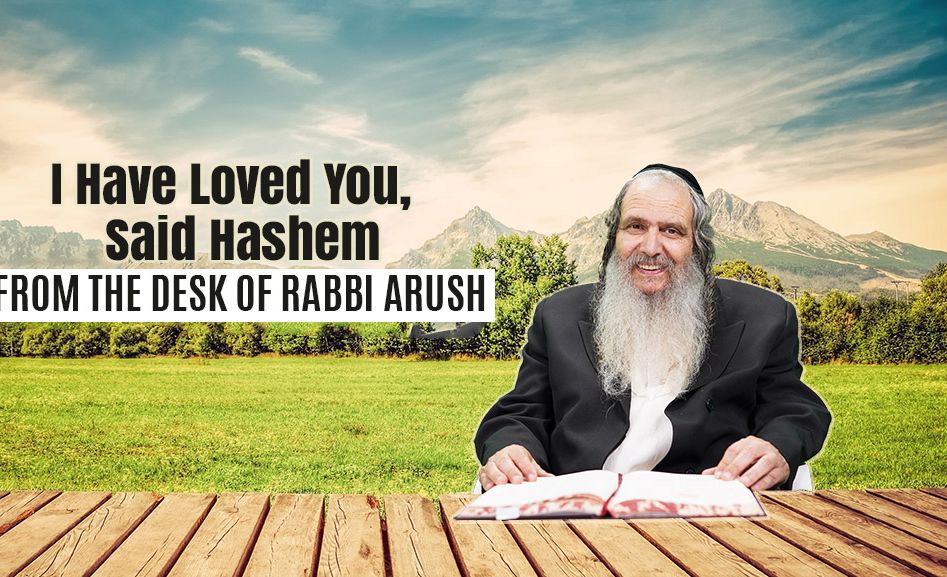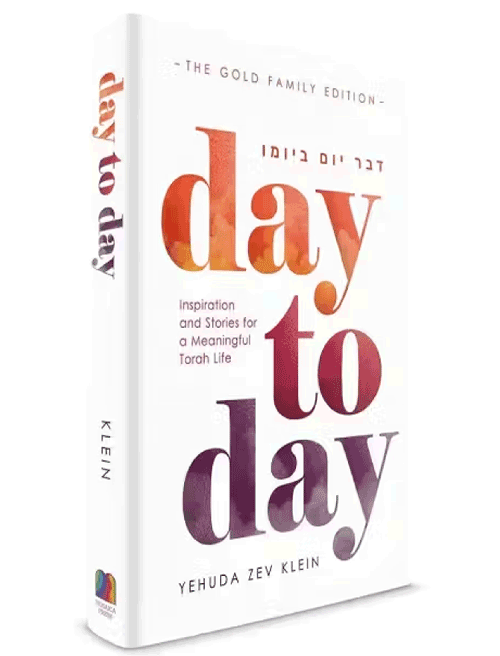
Pray Away
Rivka lived a classic “yuppie” and successful lifestyle, which even included Shabbat and Kashrut, but she didn't realize how far away she was from Hashem until...

It’s a funny thing; when I lived in London, I kept Shabbat, I kept kosher, I gave my tithe to charity, and I sent my kids to religious Jewish schools – but I barely had any relationship at all with Hashem.
I’m not quite sure how that situation developed. When I was younger, I would talk to G-d all the time, informally. But as time went on and life got filled with a myriad strains and stresses (practically all self-induced), talking to G-d kind of just stopped.
Even back in London, I knew I was missing Hashem, but some sort of invisible, insurmountable barrier seemed to have grown up between me and Him.
With the benefit of hindsight, I know that the biggest bricks in that wall were cemented in by my arrogance; I was doing very well in life, thanks very much, and it was all down to my own hard work, intelligence and abilities (does this sound familiar?)
I mistakenly thought that I was getting everywhere under my own steam, and the effort and strain that maintaining that level of ‘success’ entailed precluded me from talking to Hashem.
So Hashem did a series of enormous kindnesses for me, which slowly but surely dismantled the wall of arrogance I’d built around me. He stuffed up my business and made my husband lose his job, so that we went from being big earners to struggling to pay for the week’s groceries.
He isolated us socially, so that I’d have no other shoulder to cry on except His. He put the brakes on our plans to have more children, which was probably the most forceful hint I got that I certainly wasn’t the master of my own destiny, whatever I might have believed in London.
And he forced us to sell our house to cover our debts, which meant that we ended up in a different community a mere 15 minutes drive away from the Kotel; or 10 minutes drive away from Rachel’s Tomb; or 20 minutes drive away from the Mearat HaMachpela in Hevron – all of which are absolutely great spots for talking to Hashem.
There were other kindnesses too, but you get the picture. As a result, by the end of my first year in Israel, I felt incredibly small, incredibly pathetic, and incredibly inadequate. My life was a mess.
I went from being a text-book, over-achieving ‘success’ to being a first-class ‘loser’ in every area of my life – and that, dear reader, was the best thing that ever happened to me. Because it gave me the impetus I really needed to get past my yetzer hara, and to really start talking to Hashem.
Initially, it was still very hard. I would manage five or 10 minutes here or there, and there was very little gratitude in those early chats; they were more howls of pain, anger, and disappointment.
But Hashem had patience with me, and slowly over time, my chats got longer, and a lot more happy. Within a week of starting, I felt a load lifting off my heart. Even though the circumstances themselves got far worse before they got better, I immediately started to cope with them better.
I started to have a glimmer of hope, that the One who had created the situation in the first place – Hashem – could turn it around instantaneously, as soon as it had achieved the desired outcome.
I just needed to talk to Him.
Different things work for different people; for me, as a working mum with two small kids, I found the best time to talk to Hashem was when I was washing up the dishes. The kids always left me alone – even small children can see when you are genuinely busy doing housework – and having my hands busy meant that the words came much more easily.
For the first few months, I managed 20 minutes straight of personal prayer, plus talking to Hashem for a minute here or there, whenever the urge struck me. Once we moved and I started to go to more holy places on a regular basis, my hitbodedut went up to around 45 minutes – and there it got stuck, for around two years.
Rabbi Nachman wrote that we are meant to do a full hour; but I just couldn’t. I’d start to fidget, and I just couldn’t do it any more. It was excruciating.
But as with most things, patience, prayer and perseverance are the key. The breakthrough for me came during the recent Gaza War. I was sitting in the Tomb of the Prophet Samuel on the outskirts of Jerusalem, having just heard about the ‘friendly fire’ incident that had killed 13 Israeli soldiers. I usually don’t read papers, but I’d seen the headlines that day, and I’d read the brief blurb about each casualty, including the soldier who was recently married and had just had his first child, a little girl.
I cried my eyes out at Kever Samuel, that that soldier would never see his child grow up. I cried for his wife; for the baby; for all of the hardships facing Am Yisrael.
And I talked to G-d for an hour straight, for the first time ever.
Since then, I’ve made it a habit to thank Hashem for enabling me to talk to Him for an hour each day, and to help me do it again tomorrow, because even though it’s gotten so much easier, it’s still hard to do. My Yetzer Hara knows how much happiness, peace of mind, and equanimity it gives me, so it is still coming up with a ton of reasons why not; I’m too tired. I’m too busy. I have nothing to say. I can’t do it properly. I can’t be bothered.
The days when I listen to the Yetzer, I always regret it. If I can feel a day going past without hitbodedut, my anxiety levels automatically start rising, and I find that I’m far more grumpy, sad and irritable.
That’s usually when I grab a cup of tea, and go and sit in my ‘hitbodedut’ chair out in the garden. I put my oven timer on for an hour, and I tell the kids that I’m talking to Hashem until they hear the beep.
Nine times out of 10, they are happy to leave me alone, because they have also seen the difference it makes to me, and consequently how I treat them.
Most days, I have what to say for the first 50 minutes, but the last 10 I’m often silent.
In a strange way, I think those last 10 minutes are probably the most powerful of all, because I’m only doing an hour because Rabbi Nachman said so.
If you are at the beginning of trying to talk to Hashem – or perhaps you haven’t even got that far yet – the one thing to remember is that ‘even a little bit is good.’ Even if it’s just a minute, or one sentence a day actively addressed to Hashem, it’s better than nothing, and if you persevere, it will lead you to a much deeper relationship with Him.
Hashem values the effort, not just the outcome. So make a start, ask Hashem to help, and wherever in the world you find yourself, or whatever you’re doing, stop for a moment, and pray away.











Tell us what you think!
Thank you for your comment!
It will be published after approval by the Editor.